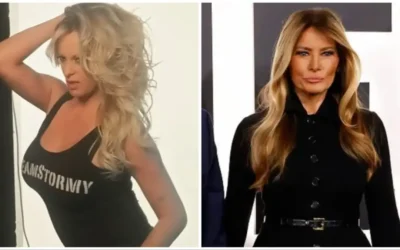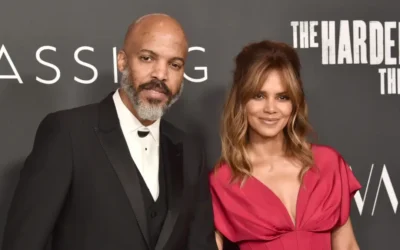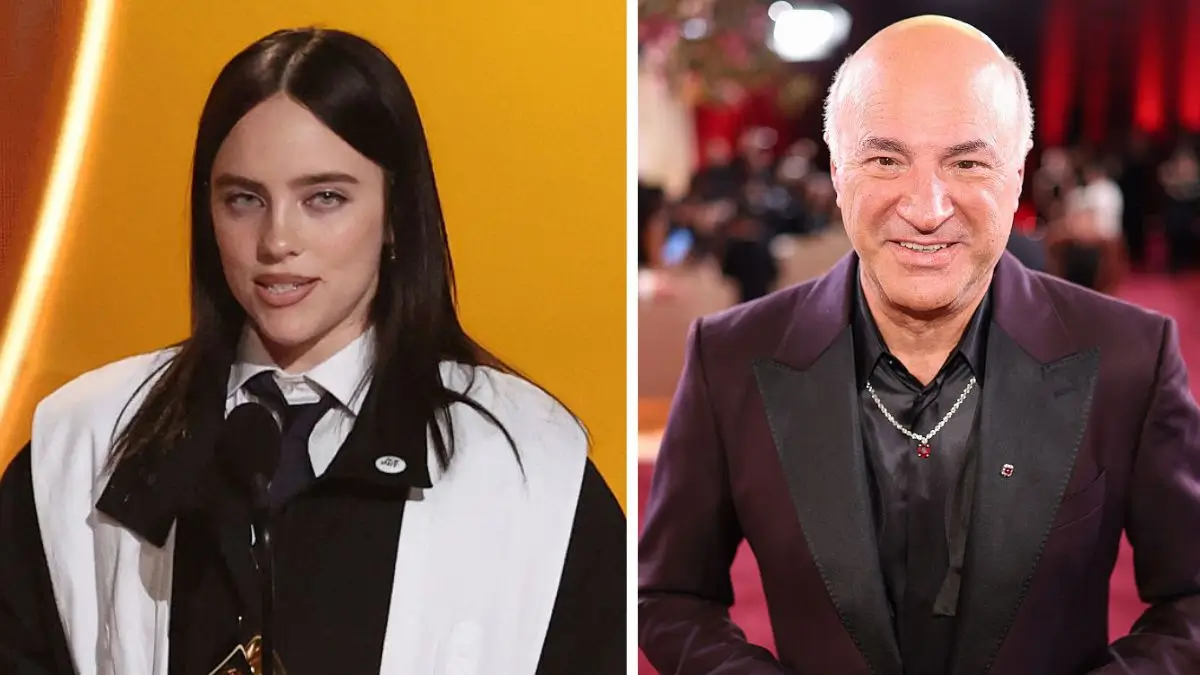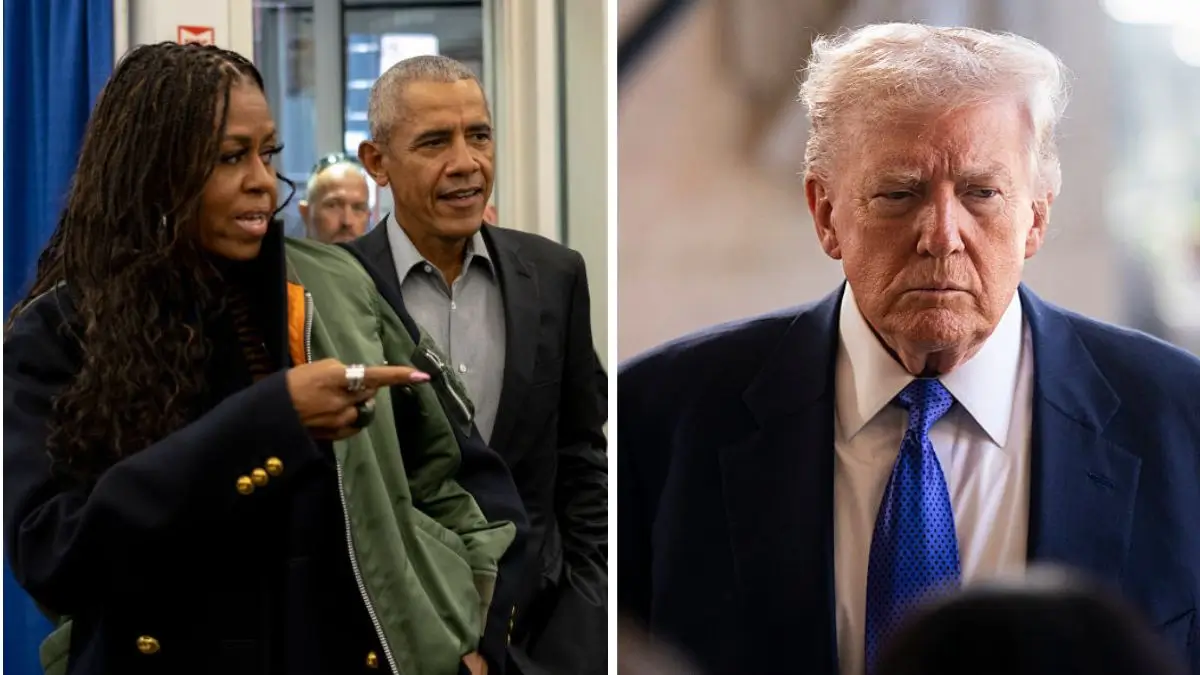Jay-Z demands identity reveal in assault lawsuit
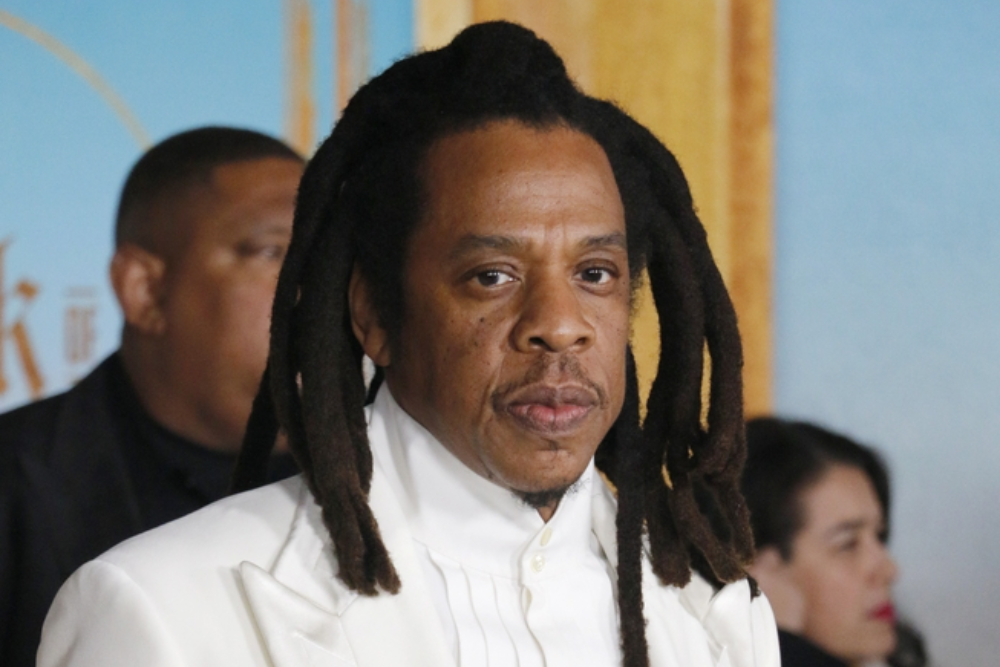
In a complex legal maneuver that’s shaking the music industry, Shawn “Jay-Z” Carter is challenging a lawsuit that has entangled him alongside fellow industry titan Sean “Diddy” Combs. The case, which has captured widespread attention in early 2024, centers on serious allegations dating back to 2000, marking one of the most significant legal challenges in the hip-hop mogul’s career.
Legal battle unfolds
The lawsuit presents allegations from an unnamed plaintiff who filed under a Jane Doe pseudonym. Jay-Z’s legal representatives have taken a strong position, asserting the accusations are fabricated and part of what they describe as a coordinated effort to extract settlements from prominent entertainment figures. The case is being managed by Texas-based attorney Tony Buzbee, who claims to represent over 100 potential plaintiffs in related matters.
This development comes at a time when the music industry faces increased scrutiny over historical allegations. The lawsuit, filed in civil court, has drawn particular attention due to its connection to multiple high-profile industry figures and the serious nature of the accusations. The legal team emphasizes the timing of these allegations, noting the decades-long gap between the alleged incidents and the current filing.
Push for transparency
At the heart of Jay-Z‘s response lies a strategic demand for transparency. His legal team argues that anonymous accusations create an imbalanced legal playing field, particularly in cases involving public figures. They maintain that proper defense preparation requires knowing the accuser’s identity, highlighting the challenges of defending against unidentified claims.
The motion filed by Jay-Z’s attorneys underscores a fundamental aspect of legal proceedings – the right to face one’s accuser. This principle, deeply rooted in legal tradition, becomes particularly complex in cases involving sensitive allegations. The defense team argues that while protecting vulnerable individuals is important, the current anonymity creates an untenable situation for mounting an effective defense.
Industry implications
The entertainment industry finds itself at a crossroads as this case develops. The situation raises critical questions about protecting both accusers and the accused in high-profile cases. This case could potentially reshape how similar situations are handled in the future, particularly regarding anonymity protocols in civil lawsuits involving public figures.
The ripple effects extend beyond the immediate parties involved. Industry professionals, legal experts, and advocacy groups are closely monitoring the proceedings, recognizing their potential to influence future policies and practices. The case highlights the delicate balance between protecting vulnerable individuals and ensuring fair legal processes.
Legal strategy and defense
Jay-Z’s defense team has implemented a two-pronged approach: seeking either the accuser’s identity revelation or case dismissal. This strategy reflects broader concerns about the fairness of anonymous allegations in civil proceedings, especially when they involve public personalities with established reputations.
The legal team has filed extensive documentation supporting their position, emphasizing the need for procedural fairness. They argue that the current situation creates an asymmetrical legal battle where one party must defend themselves publicly while the other maintains complete anonymity. This approach has sparked discussions about the evolution of legal protections in the digital age.
Historical context and precedent
The case brings to light several historical precedents regarding anonymity in civil lawsuits. Similar cases in the entertainment industry have established varying standards for handling anonymous accusations. Jay-Z’s legal team references these precedents while arguing for their position, highlighting how previous courts have balanced victim protection with defendants’ rights.
The entertainment industry has seen numerous cases where anonymity played a crucial role in legal proceedings. However, the specific circumstances of this case – including its historical nature and the involvement of multiple high-profile figures – present unique challenges for the court to consider.
Impact on entertainment landscape
The ramifications of this case extend beyond individual parties, potentially influencing future legal proceedings in the entertainment sector. The industry watches closely as this case may establish precedents for handling similar situations, particularly regarding the balance between victim protection and accused rights.
This case emerges during a period of significant change in the entertainment industry, where discussions about accountability, transparency, and protection of all parties involved have become increasingly prominent. The outcome could influence how future cases are handled and potentially lead to new industry standards for addressing similar situations.
Moving forward
As legal proceedings continue, the focus remains on the court’s upcoming decision regarding identity disclosure. This ruling could significantly impact not only this case but also set standards for future similar situations in the entertainment industry. The timeline for these proceedings remains uncertain, with both sides preparing for potentially lengthy legal battles.
The case continues to draw attention from various stakeholders, including legal experts, industry professionals, and advocacy groups. As developments unfold, the implications for both the immediate case and broader industry practices become increasingly apparent.





